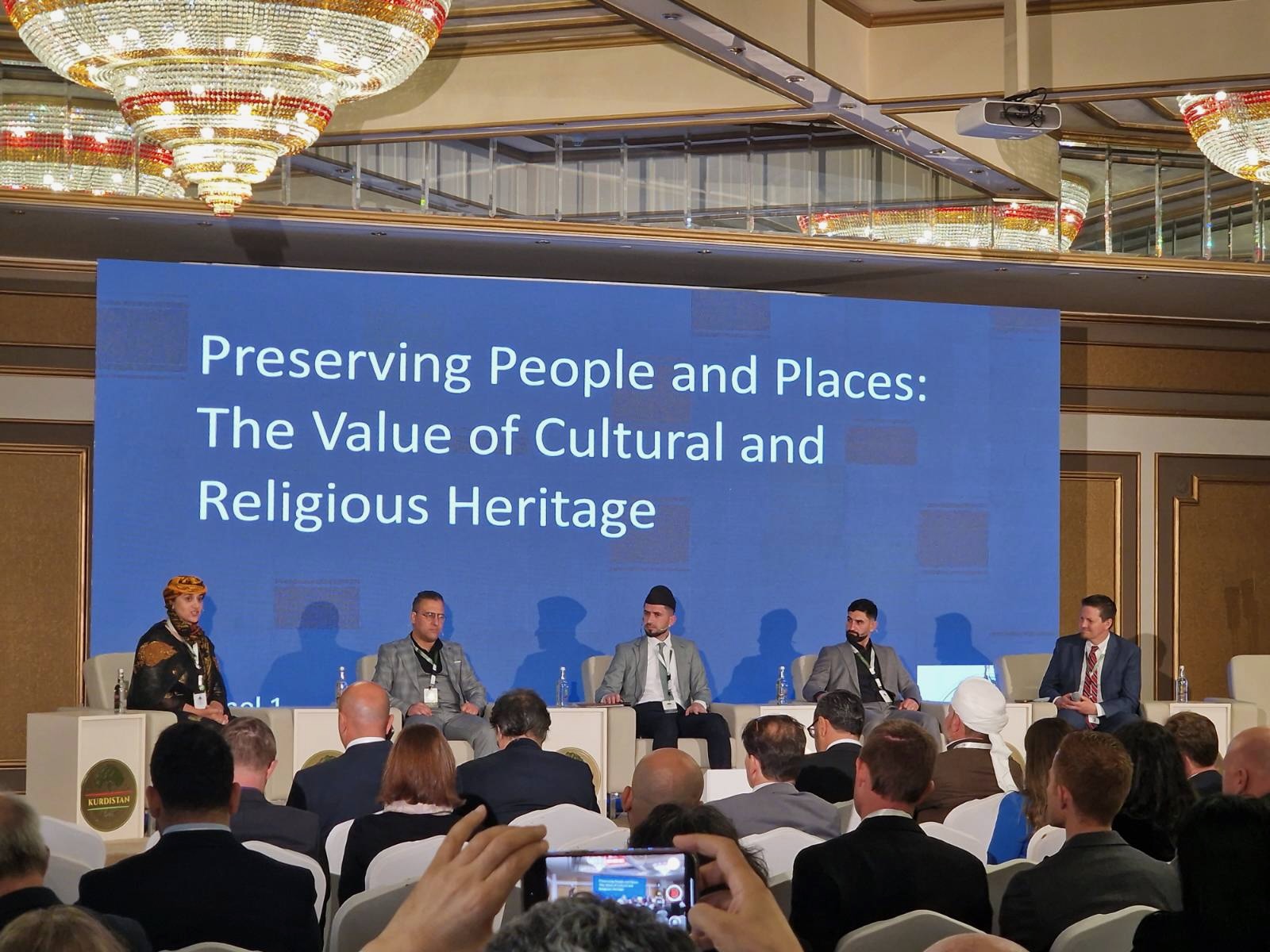As the recent abductions by Nigeria’s Boko Haram and the surge of violence in Iraq have reminded us, non-state groups can threaten religious freedom and other basic human rights at least as much as governments. In this week’s conversation, we ask scholars to examine the significant trends in non-state threats to religious freedom and explore the most effective ways that governments and societies can respond.
By: Ken Starr
A video released last month depicts approximately 100 of the 276 young women who were abducted in Nigeria nearly two months ago in mid-April. The militant group responsible for this crime, Boko Haram, has the aim of imposing stricter enforcement of sharia law in the country. Though the group has largely confined its violence to Nigeria, the risk of spiraling insurgency is high.
The past few weeks have also brought updated news of the horrors faced by the Muslim Rohingya population in Burma. The issue was ignored during the recent meeting of the Association of Southeast Asian Nations (ASEAN); in a recent interview with The Wall Street Journal , Lê Lương Minh, Secretary General of ASEAN, declared that the issue “has not been brought up and will not be brought up.” In the last two years, ethnic and religious violence in Burma has killed nearly 300 people and forced another 140,000 from their homes. The violence has spilled into Indonesia and Malaysia. Hundreds of aid workers have been forced to flee.
These are two of far too many examples of inter-religious violence and persecution in our hurting world, and threats to religious freedom are increasing. The Pew Research Center reports that religious hostilities have reached an all-time high since they began conducting studies in 2007. In its 15th Annual Report, published on April 30, the U.S. Commission on International Religious Freedom recommends doubling the list of nations designated as “Countries of Particular Concern,” or CPC.
As the Commission claims, and as others have written in this very blog, religious faith is a critical component of human identity and purpose. When individuals are not able to freely practice their faith, individual and societal well-being suffers. Religious freedom opens the channels of discourse, bringing the benefits of diverse perspectives, including economic development and creative solutions to society’s most pressing problems. Moreover, religious freedom is closely associated with political stability, both by curbing sectarian violence and by promoting cultural influences that strengthen government.
While Christians are right to look after the interest of other Christians at risk around the globe, it is equally important that we strive to protect the religious liberty of all persons of faith. Christianity—a far-flung global community of 2.5 billion people in over 41,000 different denominations—in unity proclaims freedom for all human beings, everywhere. The words of the Apostle Paul ring in our ears: “For freedom Christ has set us free.” That truth must be extended to all, regardless of creed.
While Christianity—that powerful engine of human well-being—is under grave threat around the world, non-Christian persons of faith endure equal religious persecution, as demonstrated in Egypt (the repressive Muslim Brotherhood’s self- proclaimed assaults on Shiites) and in post-Revolutionary Tunisia, where the Arab Spring began (governmental attacks on Sufis). We know Christian minorities the world over have contributed significantly to the multi-religious societies in which they live. In China, Vietnam, India, Iraq, Egypt, Pakistan and throughout Africa, Christian schools have dramatically increased literacy. Christian development agencies and NGOs reduce poverty, provide clean water, build hospitals and clinics, and teach young mothers how to care for their children.
Christians bring the ideas and institutions of freedom. Christianity has in the modern era championed equality under the law, economic opportunity, and religious freedom for all people. If Christians do not actively defend our brethren of different faiths, the prospect of stable, free societies will be gravely compromised. The enormous good of which Christians are capable must not benefit only fellow Christians, but, following the example of so many followers of Christ, spread every aspect of the gospel of hope, peace, justice, and freedom to individuals everywhere, regardless of their worldview.
Judge Ken Starr is the president of Baylor University, a position he has held since 2010, as well as its chancellor since 2013.
This piece was originally authored on June 18, 2014 for the Religious Freedom Project at Georgetown’s Berkley Center for Religion, Peace, and World Affairs.
THE RFI BLOG

Oral Argument in Charter School Case Highlights Unconstitutional Motives Behind OK Attorney General’s Establishment Clause Claim

Largest Longitudinal Study of Human Flourishing Ever Shows Religion’s Importance

Keys To Human Flourishing: Faith And Relationships Outweigh Wealth

RFI Champions Religious Freedom at Kurdistan’s First National Prayer Breakfast

RFI’s Ismail Royer Speaks at Supreme Court Rally for Religious Parents Seeking Opt-Out
CORNERSTONE FORUM

Reaffirming Religious Freedom: Bridging U.S. Advocacy and Iraq’s Constitutional Framework

Political Polarization, Same-Sex Marriage and Religious Liberty

Bridging the Gap Between International Efforts and Local Realities: Advancing Religious Freedom in the MENA Region

Challenges to Religious Freedom in Iraq and the Critical Need for Action


